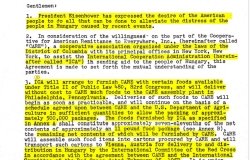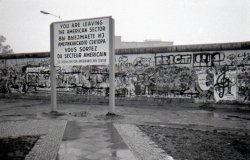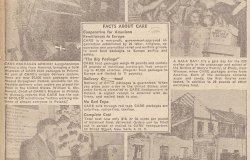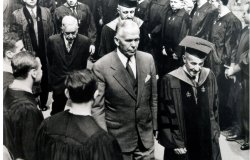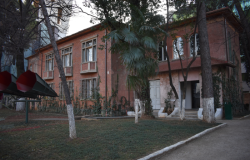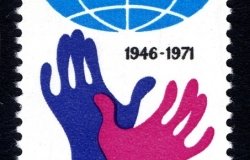North Korea warned foreigners during Pueblo crisis, too
North Korea’s recent warnings to diplomats and foreigners living in Pyongyang that their safety cannot be guaranteed because of the tense situation on the Korean Peninsula are not unprecedented. Documents obtained and translated by the North Korea International Documentation Project (NKIDP) reveal that North Korea has issued similar warnings during past crises in Korea.
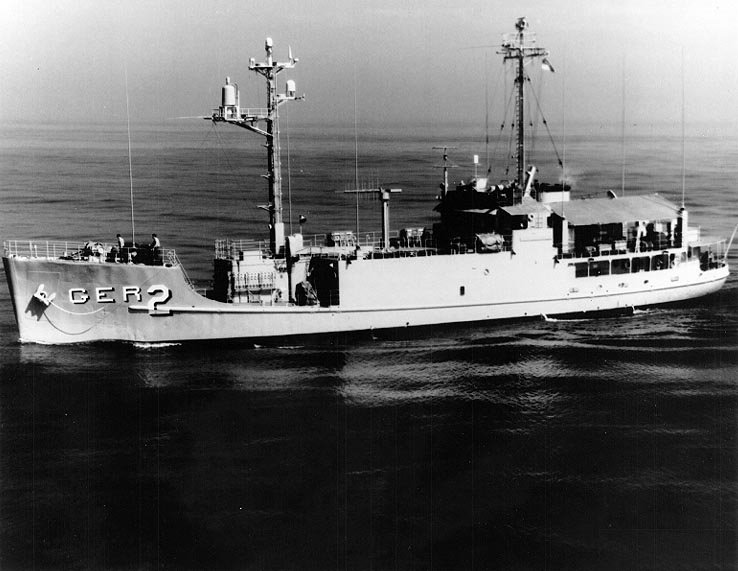
North Korea’s recent warnings to diplomats and foreigners living in Pyongyang that their safety cannot be guaranteed because of the tense situation on the Korean Peninsula are not unprecedented. Documents obtained and translated by the North Korea International Documentation Project (NKIDP) reveal that North Korea has issued similar warnings during past crises in Korea.
During the 1968 crisis over North Korea’s seizure of the USS Pueblo, the North persistently advised diplomats from socialist countries to take precautionary measures against American air raids. According to reports produced by the Romanian mission in Pyongyang, embassies in the North Korean capital were instructed to build anti-air bunkers “to protect foreigners against air attacks.”
Information provided by North Korea’s former allies also indicate that the DPRK may not have been simply posturing during the 1968 crisis. Fearing retaliation for seizing the USS Pueblo, the Romanian Ambassador wrote that:
The archives of central institutions, a significant part of the State Library and of the Academy, more than half of the machinery used in the Typographic Complex and probably in many other factories have been moved out of Pyongyang.
For further information, see the following documents in the Wilson Center Digital Archive:
Telegram from Pyongyang to Bucharest, TOP SECRET, No. 76.051, Urgent, 27 February 1968
[Source: Political Affairs Fond, Telegrams from Pyongyang, TOP SECRET, 1968, Archive of the Romanian Ministry of Foreign Affairs. Obtained and translated for NKIDP by Eliza Gheorghe.]
Telegram from Pyongyang to Bucharest, TOP SECRET, No. 76.054, Urgent, 1 March 1968
[Source: Political Affairs Fond, Telegrams from Pyongyang, TOP SECRET, 1968, Archive of the Romanian Ministry of Foreign Affairs. Obtained and translated for NKIDP by Eliza Gheorghe.]
Additional documents providing a historical perspective on North Korea’s brinkmanship are available in the collection North Korean Military Adventurism.
Related Programs

North Korea International Documentation Project
The North Korea International Documentation Project serves as an informational clearinghouse on North Korea for the scholarly and policymaking communities, disseminating documents on the DPRK from its former communist allies that provide valuable insight into the actions and nature of the North Korean state. It is part of the Wilson Center's History and Public Policy Program. Read more

Cold War International History Project
The Cold War International History Project supports the full and prompt release of historical materials by governments on all sides of the Cold War. Through an award winning Digital Archive, the Project allows scholars, journalists, students, and the interested public to reassess the Cold War and its many contemporary legacies. It is part of the Wilson Center's History and Public Policy Program. Read more

History and Public Policy Program
The History and Public Policy Program makes public the primary source record of 20th and 21st century international history from repositories around the world, facilitates scholarship based on those records, and uses these materials to provide context for classroom, public, and policy debates on global affairs. Read more

Hyundai Motor-Korea Foundation Center for Korean History and Public Policy
The Center for Korean History and Public Policy was established in 2015 with the generous support of the Hyundai Motor Company and the Korea Foundation to provide a coherent, long-term platform for improving historical understanding of Korea and informing the public policy debate on the Korean peninsula in the United States and beyond. Read more

